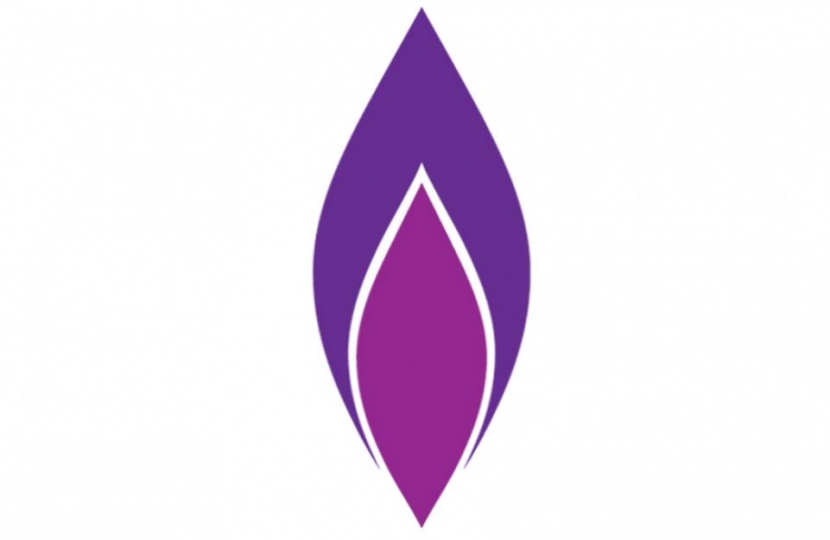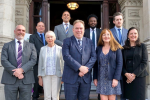
Today is Holocaust Memorial Day.
A day that reminds us to ‘be prepared every day to try and do some good’
Father Andrew Bishop of Croydon Minster writes:-
“This day, 27th January, in 1945 the death camp at Auschwitz-Birkenau was ‘liberated’ by Soviet troops moving west across Poland.
Holocaust Memorial Day demands that we never forget the Nazi Holocaust in particular, and all acts of genocide and crimes against humanity.
This year we are especially mindful of the plight of the Uighur people in western China. We pray too for ongoing reconciliation and peace building in former Yugoslavia and Rwanda.
On this Holocaust Memorial Day I wanted to share some reflections I had after a visit to Auschwitz in January 2017.
***
'There is a time to speak and a time to keep silent' Ecclesiastes 3.7b
There is a profound silence at Auschwitz. That silence emanates from the deathly hush of the gas chamber after people have been killed - murdered - and before their mortal remains are turned to dust and ashes in the ovens.
It is said that the birds do not sing at Auschwitz. On my first visit there I don't recall birdsong, but that may just have been me being unable to hear sounds of beauty and unrestrained joy in a place that represents the polar opposite of all that is good. What I do remember, whilst walking around Birkenau, was hearing the barking of a dog quite clearly. That bark pierced the freezing air as an inarticulate cry that spoke more deeply than I knew at the time.
The people who were killed at Auschwitz had not always been silent or silenced: they spoke, laughed, cried, had dreams, aspirations and hopes. They prayed: praise, lament, supplication and thanksgiving. They spoke eloquently and passionately; they gossiped and slandered. Some had not even learned how to speak beyond the primeval cry for their mother's breast. In short, they were human beings, ordinary and living their lives.
The humanity of those killed, in all its ordinariness and prosaic detail, is the first thing that the Nazis sought to deny. Their strategy was one of, first, identification (the Nuremberg laws and the wearing of the yellow star), second, isolation (the ghetto) and, third, eradication (Auschwitz). They predicated all this on the less than humanness of the Jewish people, and because of that they had no right to speak, be heard, or to breathe. Human rights only apply to human beings.
Witnesses to the killing testify that those people who were killed at Auschwitz both sang psalms to God and screamed out in terror: they were not silent lambs led to the slaughter.
***
This Holocaust Memorial Day please pray:
· for God’s first-called people, the Jews, that antisemitism in our day may be cast out;
· that the politics of division and fear are not allowed to result in the persecution of others;
· that those in political and religious leadership at home and abroad are courageous in protecting those who people whom others easily blame.”


